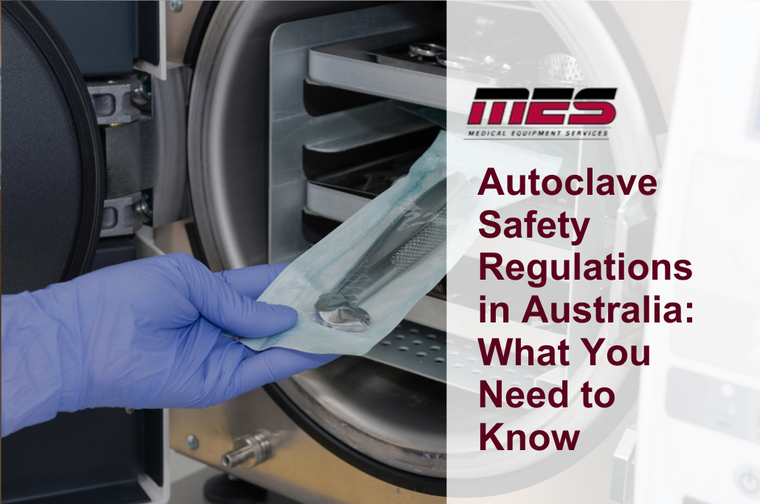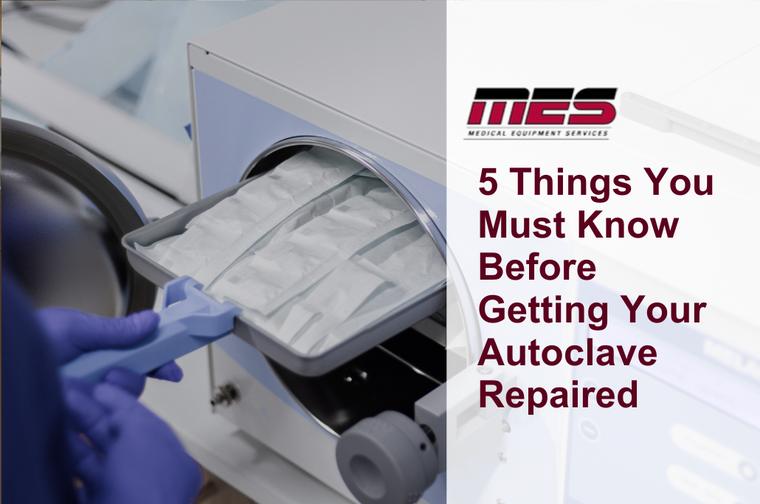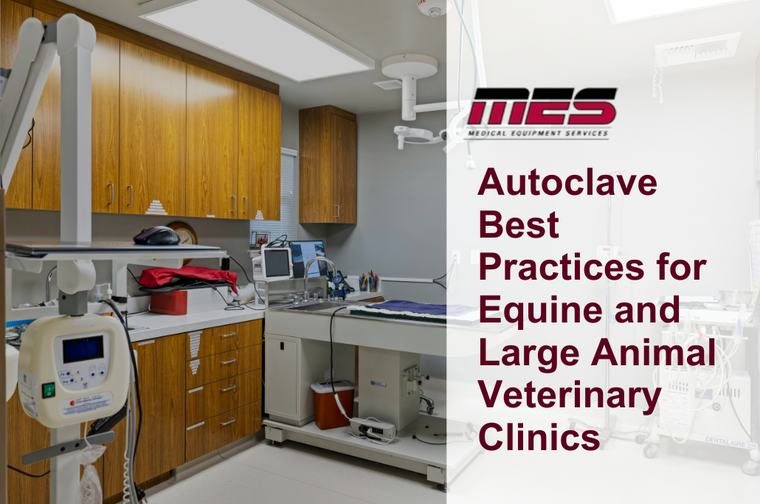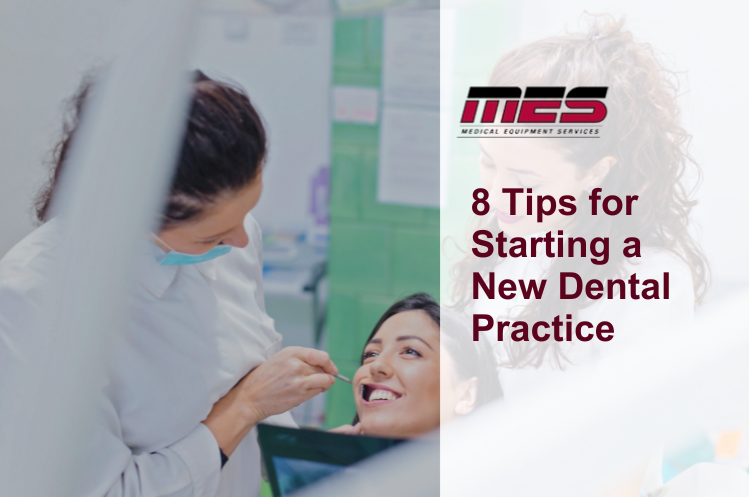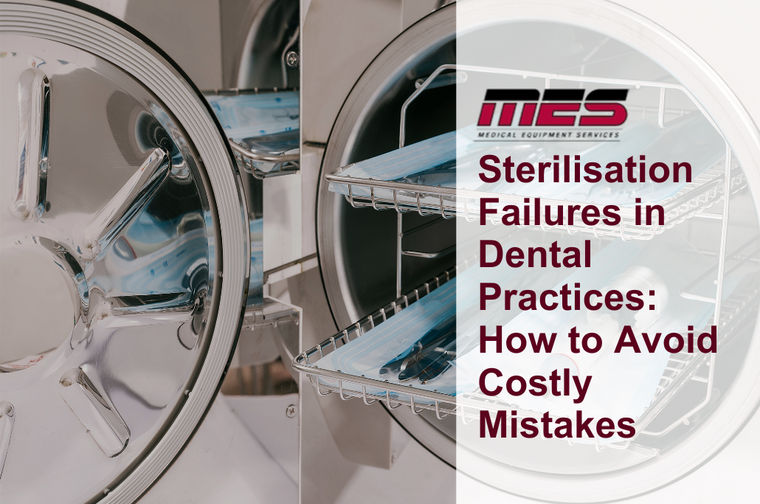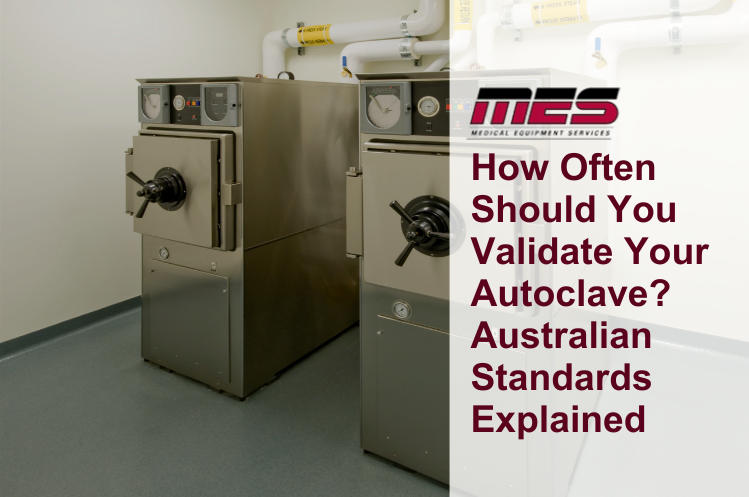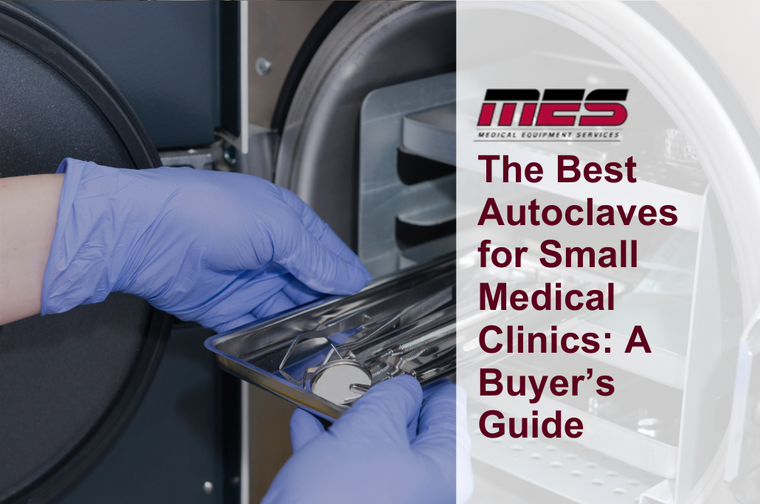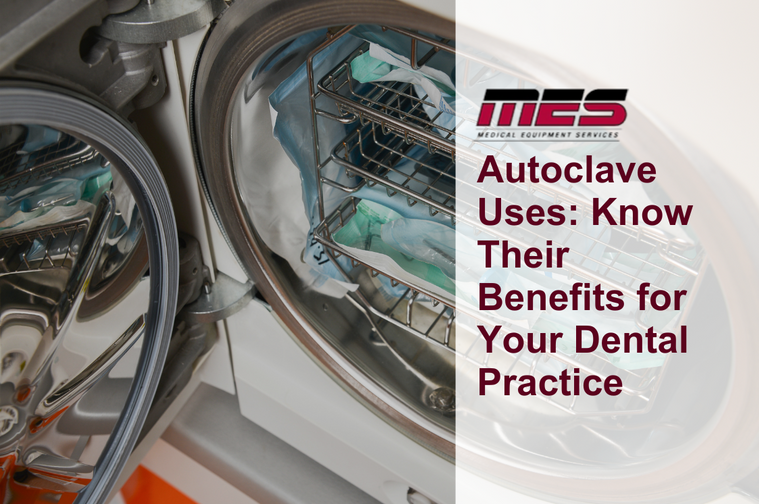Autoclave Safety Regulations in Australia: What You Need to Know
When you're working with an autoclaves machine, you’re not just pushing a button and walking away. You’re dealing with pressure, heat and live pathogens. If something goes wrong, it’s not just equipment on the line — it's people. That’s why autoclave safety in Australia isn’t optional — it’s the law. This article breaks down what the regulations say, how they’re applied, and why staying compliant protects not just your licence, but lives. Whether you run a medical centre, dental clinic, lab, or tattoo studio, this guide lays out everything you need to keep safe and meet national standards. And if you’re...

